CURRENCY
BUSINESS OPPORTUNITIES IN LIBYA
LIBYA
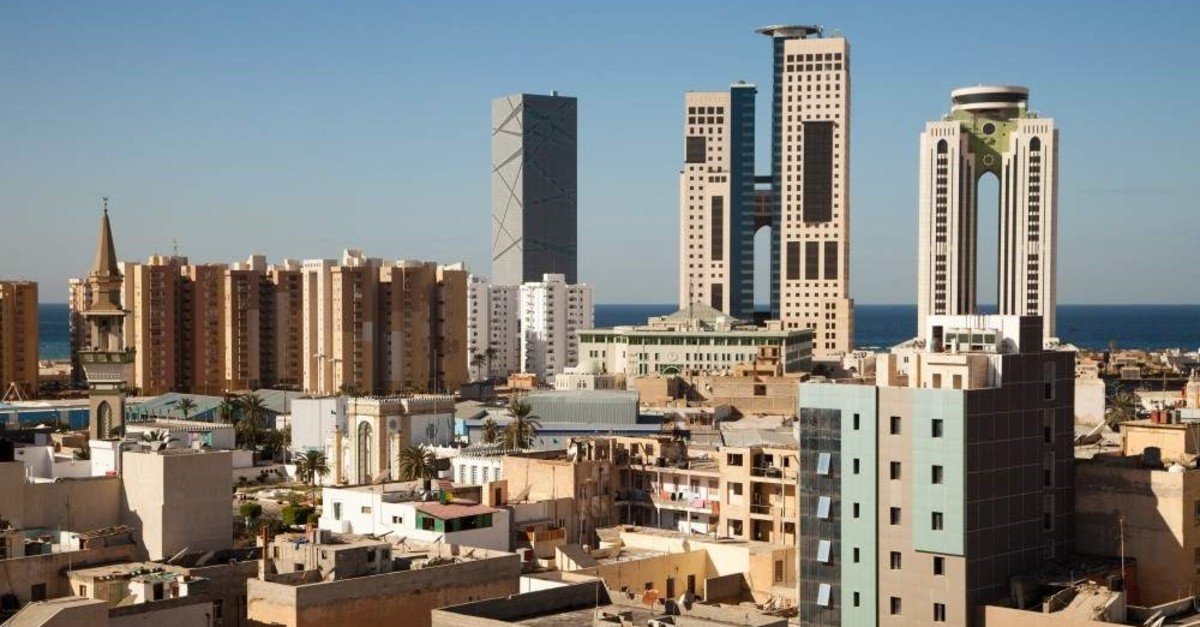

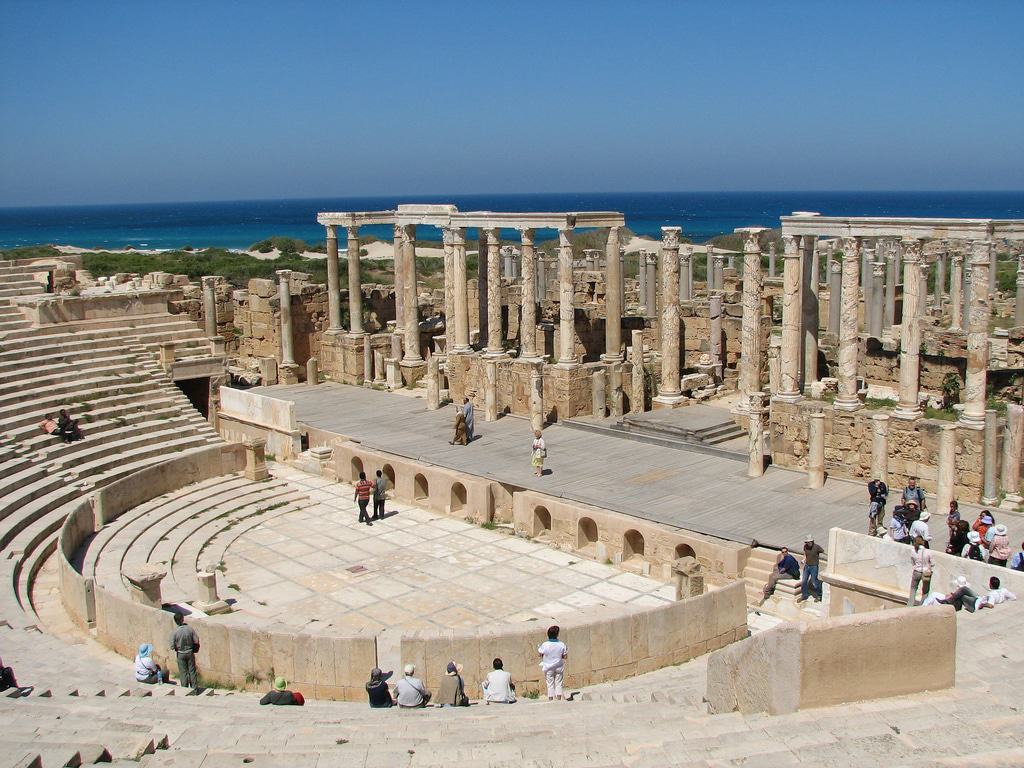
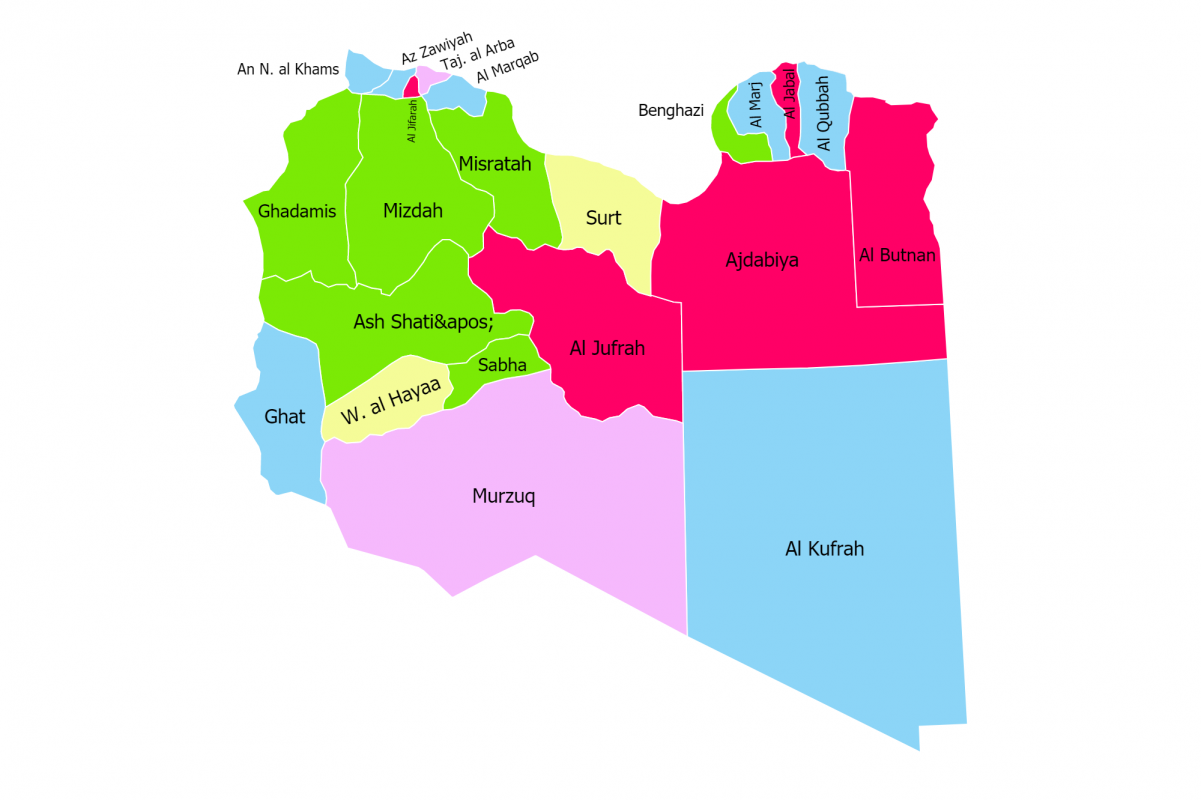
FLAG
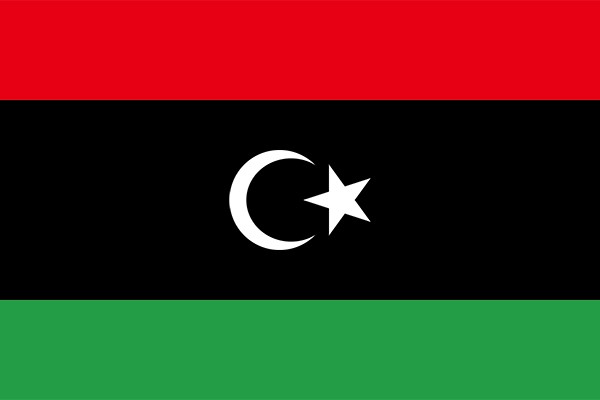
LIBYA
CAPITAL CITY
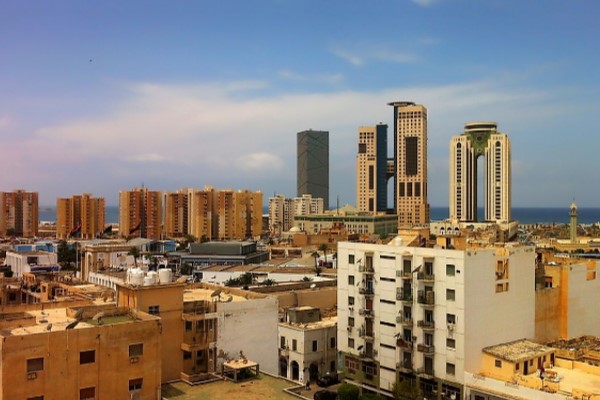
TRIPOLI
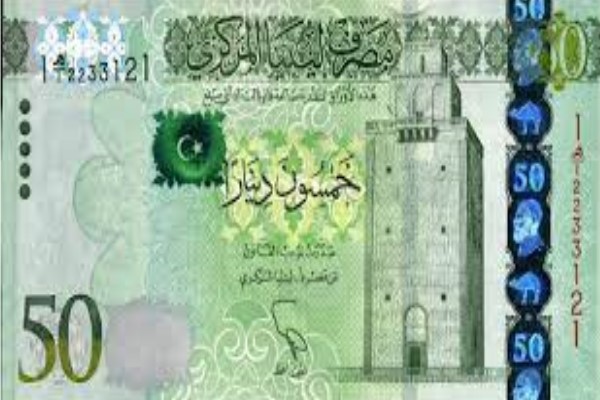
LIBYAN DINAR
Language

Population

69.68 LAKHS
Country
Calling Code

+218
LOCATION:
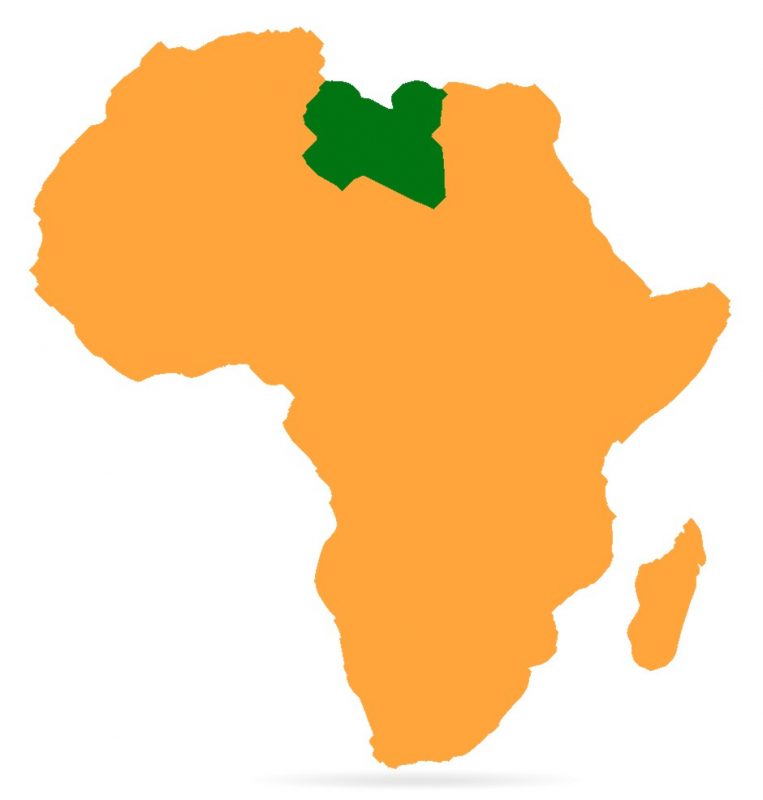
North Africa
BORDER COUNTRIES:
EGYPT
SUDAN
NIGER
CHAD
TUNISIA
ALGERIA
THE  MONEY SHOW SEASON 2.0
MONEY SHOW SEASON 2.0
Mining and Infrastructure Business in Algeria
Facebook live 7.00 Pm Today.
Join Millionaire Program and change everything in life and Business..
Call/ WhatsApp +91- 8094607111.
GDP=
GDP Growth= 64%
Ease of doing business rank= 186
GDP per Capita= $8,000
MOST RECENT VIDEOS
SIGN UP TODAY
Get our exclusive content and offers in your inbox










